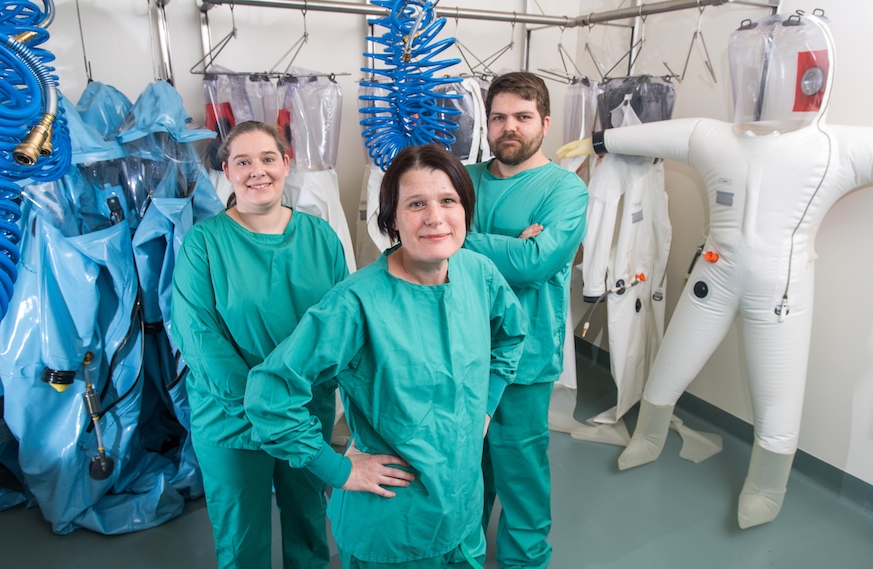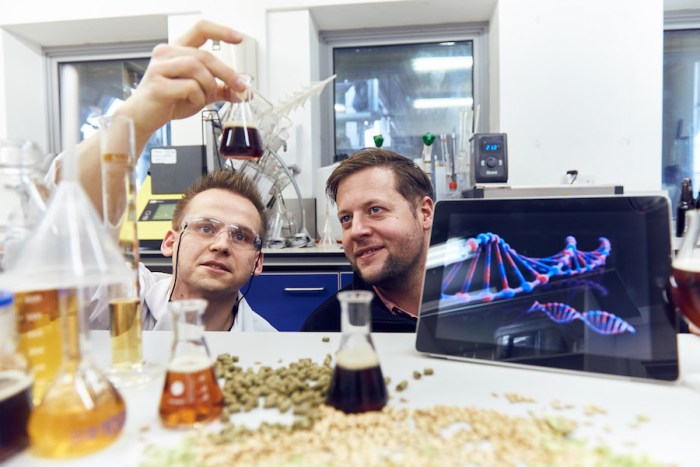Boston University’s biolab is finally approved to start its research on the world’s deadliest microorganisms in hopes of finding treatment options.
The Boston Public Health Commission has given its final approval for BU’s National Emerging Infectious Disease Laboratories (NEIDL) to conduct its research at the highest biosafety level, BSL-4.
Microbes in a BSL-4 lab, according to the Centers for Disease Control and Prevention (CDC) are “dangerous and exotic,” and pose a high risk of infections, which can be fatal. Examples include Ebola and Marburg viruses.
It’s been a long road for the BU lab to reach this level. The school has faced years of “scrutiny by regulatory agencies and city, state, and federal officials,” according to university publication BU Today. Now, with the health commission’s approval, the researchers are excited to get to work.
“As we have seen over the past several years, we are all vulnerable to potentially devastating infectious diseases that may have originated halfway across the globe,” Gloria Waters, BU vice president and associate provost for research, told BU Today.
“With the opening of the NEIDL’s BSL-4 lab, BU is poised to establish itself as a national leader in fighting microbial systems and infectious diseases,” she continued. “The work that will be carried out here will bring benefit and relief in the form of vaccines, treatments, and cures to people in Boston, the United States, and around the world.”
The health commission confirmed to Metro that it issued a letter of approval and a permit to NEIDL. “As a regulator of biological laboratories in Boston, BPHC carried out a rigorous review process of the NEIDL’s BSL-4 application, including a review of safety and security protocols, prior to issuing the BSL-4 permit,” a commission spokesperson said in a statement.
The health commission will continue to coordinate with other agencies like the Boston fire and police departments to ensure the research is in compliance with all regulations and to protect the health of both lab workers and area residents.
Even with level 4 approval from the Boston Public Health Commission and the CDC, BU said that all research at the lab will have to be approved on a case-by-case basis by the university’s Institutional Biosafety Committee, which was created under National Institute of Health guidelines.
NEIDL microbiologist Elke Mühlberger told BU Today that with this final approval, the lab can begin work on its first approved project.
“We still don’t understand why Ebola virus is so lethal for humans,” Mühlberger told the publication. “This project is about establishing novel infection platforms that mimic the pathology of these viruses in humans. Understanding how these viruses devastate particular organs will help us to come up with treatment options.”



















